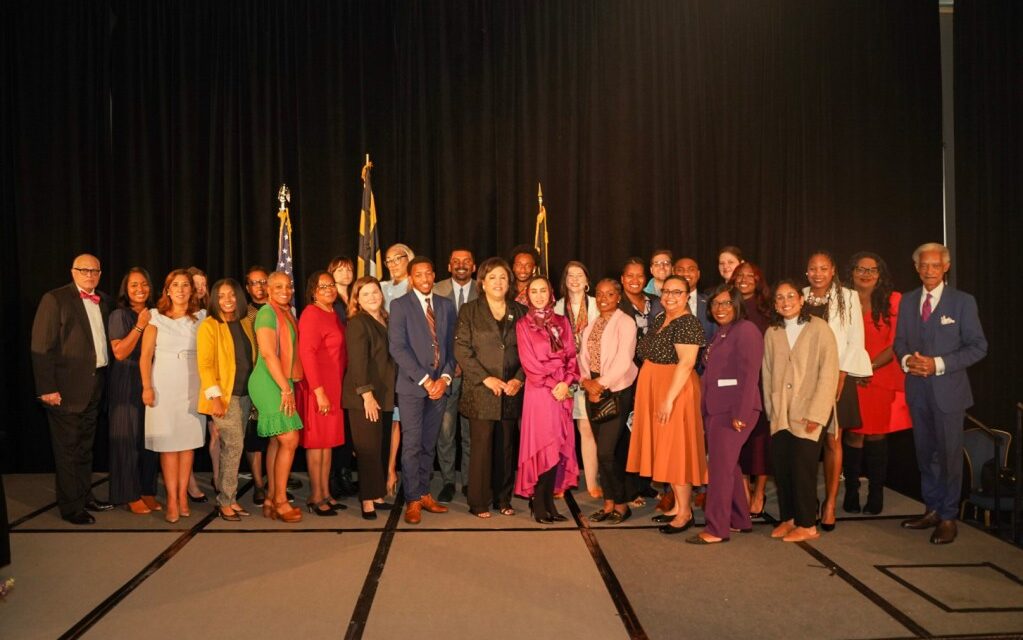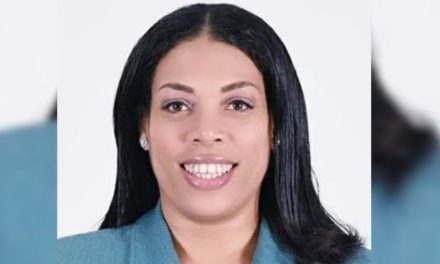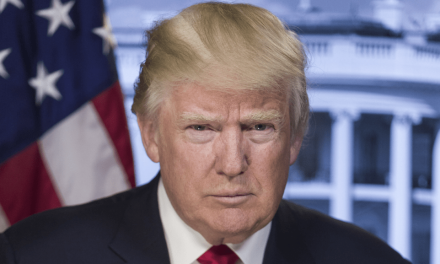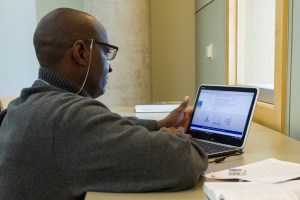By Aria Brent,
AFRO Staff Writer,
abrent@afro.com
Director of the Baltimore City Office of Equity and Civil Rights Dana P. Moore is leader of a small office with a huge impact on Charm City. On Oct. 29, the office held their 30th Civil Rights Brunch where several individuals and local organizations–including the AFRO– were given the “Impact Award” for their service to the community.
Moore spoke with the AFRO about the work being done in the Office of Equity and Civil Rights and some of the events that have happened throughout this year’s Civil Rights Week, which took place Oct. 28- Nov. 4.
AFRO: What does the office of equity and civil rights do ?
DM: We’re a small office with a really large footprint. Put simply, our mandate is to eliminate discrimination in the City of Baltimore. That’s the big mandate. We do that through several boards and commissions that we support.
We have the Office of Equity, which really carries out the mandates of the equity ordinance. We have the police accountability division. The police accountability division supports the work of the ACC, which is the Administrative Charging Committee, the PAB, which is the Police Accountability Board, and the CRB, which is the Civilian Review Board. Those are all related to police accountability. We combined them into one division.
The Wage Enforcement Commission works to make sure that people are paid fairly when they’re working on city jobs, like construction jobs. The Women’s Commission–which is fairly new, had been dormant for a few years, but Mayor Brandon Scott came into my office and said ‘We got to revive the Women’s Commission’ so we did and it’s housed here in our office. We also have the Women’s Committee, and the Community Relations Commission, which is our oldest commission. The Mayor’s Commission on Disabilities works to enforce our accessibility to laws and the Americans with Disability Act. I think that’s it.

AFRO: Can you talk to me about the civil rights breakfast and the founding of the office of Civil Rights?
DM: At the breakfast we had about 550 guests that came to help us celebrate the start of civil rights week. We gave out six impact awards– one of which went to the AFRO-American Newspaper for their 131 years of truthful reporting on all matters that affect everybody, but Black and Brown people in particular. That was accepted by Dr. Frances “Toni” Draper. She also did the opening prayer. She went into the AFRO archives and found prayers that had been written by the founder of the AFRO.
We also gave out awards to the Squeegee Collaborative. We gave out three awards to the co-chairs of the squeegee collaborative and Dr. Andre Bundley, who on a day to day basis supports the young men and women who used to squeegee for money.
We also gave an award to a woman named Nikita Robinson. She started Black Girls Vote, which started out as a small idea in Baltimore. Now, it’s national, and it’s really harnessing the power of the vote of women and girls.
We honored the President of Morgan State University, David Wilson, Ed. D. Morgan State University has really grown tremendously under his leadership. The office grew out of the Community Relations Commission in the 1960s. During that time, when the Civil Rights Act of 1964 was established, offices like this one were being born across the country. It was in 2020 I believe, that the name changed to the Office of Equity and Civil Rights. Between the 1960s and 2020, there’s been a lot of change.
I talked about the different commissions and boards that we support, that has happened gradually over the course of the years. One of the commissions that I forgot to mention, is a Veterans Commission. We just added that commission into our portfolio within the last month and that too is one of the commission’s that has laid dormant here in the city for a little while. We’ve been asked to give it a new life and to to bring it forward. The office has grown as the needs of these people, and the city of Baltimore have grown. We respond to the need.

AFRO: You’ve talked a great amount about how you guys are impacting the city of Baltimore and supporting them, can you talk to me a little more about what the community can do to better support you ?
DM: All of the boards and commissions are volunteer boards and commissions and they’re all by appointment by the mayor of Baltimore City, but we need people to apply. That is probably one of our biggest challenges– getting really concerned and interested citizens to apply. We’re looking for people that are interested in the subject matters and that care about the work. We need people that are willing to dig in a little and understand what the expectations are. Please take a look at our open positions on these boards and commissions and understand that the person we’re looking for is you. We want you to apply and join us in this work.
AFRO: Who are some of the organizations within the community that have been honored throughout the years and why they were chosen ?
DM: We call it our impact award and what we’re looking for are persons or entities that have made a huge positive impact on the city of Baltimore. This is just the second year that we’ve given the award. Prior to my coming here, there were other awards and recognitions that were given but when I got here, I thought we should be looking at and honoring our people who’ve helped make Baltimore better. Last year, we gave an award to Dr. Freeman Hrabowski and his wife, Jackie Hrabowski. We were very intentional in honoring both of them because they do different things.
Dr. Freeman Hrabowskii was the longtime president of UMBC– the University of Maryland, Baltimore County. He started the Meyerhoff program. That program graduated many Black and Brown persons in the sciences, including Kizzmekia Corbett, who helped develop the vaccine for COVID-19.
He was recognized for his leadership and many years of steering and growing the university. For many years his wife Jacqueline has worked in philanthropy and she was the head of the T. Rowe Price Foundation for many years. In that time she pushed out multiples of millions of dollars across Baltimore City to fund small, medium and large nonprofits to help assure stability and growth. She’s still doing that, although she’s no longer with T.Rowe Price and she’s still doing that work.

AFRO: What are some of your goals for the office and your administration? When people recall what the Moore administration was like for the Office of Equity and Civil Rights, what do you want them to think of ?
DM: What I hope people will say when they look back on my time here, is that she made a difference. That she had an impact on making the office better, and therefore, the City of Baltimore, better. I’m hoping that my legacy here is one of good growth. One of growth that’s responsive to the needs of Baltimore. People discount this, but I want my colleagues to feel the joy in coming to work that I have. I’m hoping to build an environment that is joyous. Where my colleagues like coming to the office, we like being in each other’s company and we enjoy doing this really hard work together. I would love that.
AFRO: What do you think is the biggest issue that you are either currently addressing or need to begin to address?
DM: I think without a doubt, it’s our police accountability division. Having the public understand the enormity of the tasks that we are asked to handle and that we’re asked to do it very quickly, but also responsibly. Police Accountability is probably one of the issues that pervades across the country and for good reason. I think the murder of George Floyd was a pivot point where no city could sit back and smugly say, “that’s their issue, not ours.”
Every human municipality that has a police department has to think about how they’re navigating that space. There are three boards that we support that are dedicated to police accountability. That’s the ACC, the CRB and the PAB. That work is 50 percent of my staff. Even just by numbers, that’s the biggest chunk of our work and, you know, it’s the kind of work where you don’t get to make a mistake. You have to get it 100 percent right. You can’t ignore anything, or anybody. There’s a lot of sensitivity. There’s a lot of possible trigger points and we’re putting a lot of effort and energy into getting it right.
This article has been edited for clarity.
The post Baltimore’s Chief Equity Officer shares all you need to know about the office of equity and civil rights appeared first on AFRO American Newspapers .











